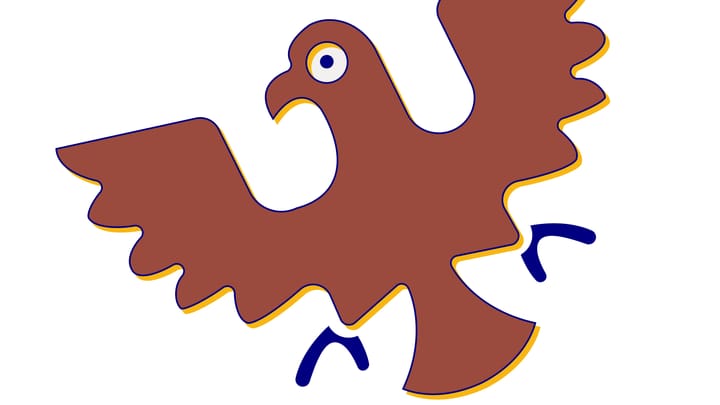About this Episode
"In this episode of Greek News in English, Luca and Lane discuss Eurostat's latest data revealing that Greece ranks third highest in the European Union for citizens at risk of poverty or social exclusion in 2024. They explore how nearly 27% of Greeks face challenges related to low income levels, severe material deprivation across essential needs like heating and nutrition, or live in households with very low work intensity. The hosts break down Eurostat's methodology combining these factors and analyze implications amid government claims about economic progress despite rising living costs. This episode offers an insightful look into socio-economic struggles shaping contemporary Greece based on official statistics from The Press Project."
Article Discussed: "Eurostat: Η Ελλάδα τρίτη στην Ε.Ε. στο ποσοστό πολιτών σε κίνδυνο φτώχειας ή κοινωνικού αποκλεισμού - Αύξηση σε σχέση με τα προηγούμενα έτη - The Press Project - Ειδήσεις, Αναλύσεις, Ραδιόφωνο, Τηλ..."
Author: Θάνος Καμήλαλης
This podcast was generated by AI using Podcasty.
Episode Transcript
Luca: Welcome back to Greek News in English! Today, we're diving into some sobering statistics released by Eurostat about poverty and social exclusion in the European Union for 2024. Greece ranks third highest among EU countries for citizens at risk of poverty or social exclusion, with a concerning increase compared to previous years.
Lane: That's right, Luca. The data shows that 26.9% of people in Greece are at risk this year, up from 26% in both 2022 and 2023. This rise comes even as the government promotes economic measures it calls 'benefits,' which apparently aren't enough to counteract the soaring cost of living affecting many Greeks.
Luca: So let's break down what exactly Eurostat means by 'at risk of poverty or social exclusion.' They combine three categories: people with income below the poverty threshold, those suffering severe material and social deprivation, and individuals under 65 living in households with very low work intensity—meaning adults worked less than 20% of their potential hours over the past year.
Lane: Exactly. And for the severe material deprivation category, Eurostat looks at whether people can afford at least seven out of thirteen essential items or activities that contribute to a decent quality of life. These include things like paying unexpected expenses, affording a week-long holiday away from home, keeping up with housing payments, having a meal with meat or equivalent every other day, adequate heating, access to a car or van, and replacing worn-out furniture.
Luca: On an individual level, they also consider if someone has internet access, can replace worn clothes with new ones occasionally, owns two pairs of properly fitting shoes including weather-appropriate ones, spends a small amount weekly on themselves, engages regularly in leisure activities, and meets friends or family for meals or drinks at least once a month. If someone can't afford seven or more of these items combined across household and personal levels, they fall into this deprivation category.
Lane: It's quite comprehensive. And when you combine these criteria with low income and low work intensity households under 65 years old, you get the full picture of who is considered at risk by Eurostat's standards. Notably, Greece is only behind Bulgaria and Romania in this unfortunate ranking within the EU.
Luca: What strikes me is that despite these worsening indicators — an increase from 26% to nearly 27% — the government seems focused on celebrating economic progress without addressing these deepening social issues effectively. It highlights a disconnect between headline economic figures and real-life struggles faced by many citizens.
Lane: Yes, it raises questions about policy priorities and how 'benefits' are defined versus what actually helps people cope with rising costs. The data reminds us that economic growth alone doesn't automatically translate into improved living conditions for all segments of society.
Luca: To sum up today's episode: Greece remains one of the EU countries most affected by poverty risk and social exclusion according to Eurostat's latest data for 2024. Nearly 27% of its population faces these challenges due to low income levels, material deprivation across multiple essential needs, or limited work opportunities within households.
Lane: Understanding these detailed criteria helps us appreciate how complex measuring poverty really is beyond just income numbers. We hope this discussion sheds light on important socio-economic realities in Greece today. Thanks for tuning into Greek News in English — we'll see you next time!
About Greek News in English
Greek News in English - A podcast created with Podcasty
